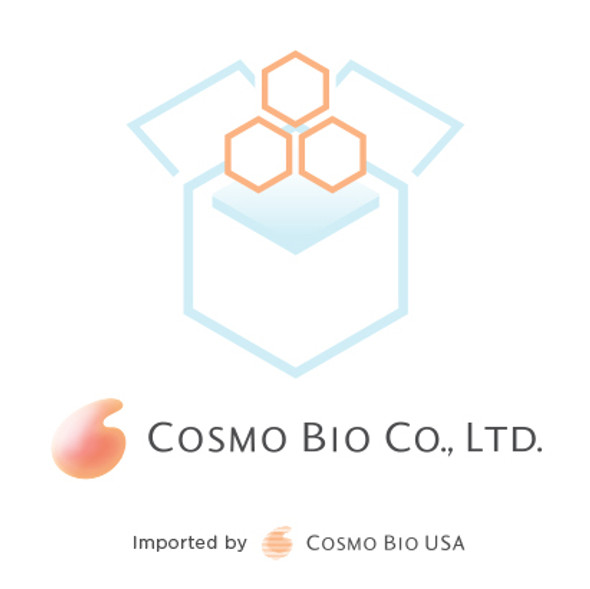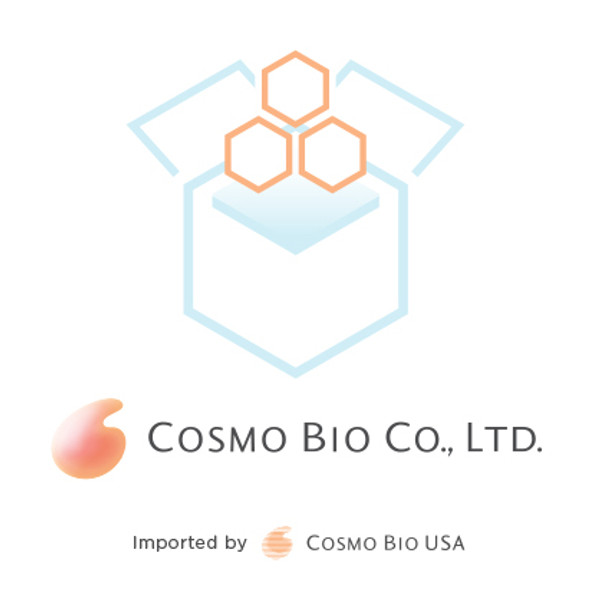Description
Guaiacol Detection Kit, based on a test developed by the Japan Fruit Juice Association, detects contamination with Alicyclobacillus acidoterrestris and related Thermo-acidophilic Bacilli (TAB) by their production of guaiacol. Now a mainstay of the juice industry, this convenient and accurate test can be completed in less than 4 hours.
Alicyclobacillus acidoterrestris, first isolated from soil, is a gram-positive, spore-forming bacillus that briefly gained notoriety after a publicized 1984 incident of apple juice turbidity. Resistance to high heat and acidic environments allows this thermo-acidophilic bacillus (TAB) to withstand fruit washing and juice thermal processing, to grow and spoil acidic foods with production of the pungent compound 2-methoxyphenol (guaiacol), 2,6-dibromophenol, and 2,6-dichlorophenol. [1, 2, 3].
Due to their production of guaiacol, TAB are a constant and significant threat to quality degradation in the production of juices and other products where flavor and odor are important. Even without the distracting flavor problem, product quality may be degraded by slight deterioration during distribution.
TAB contamination is difficult to avoid. Fortunately, A. acidocaldarius and other species that cause contamination are known to be harmless, and the costly spoilage threat posed by TAB can be minimized by vigilantly monitoring for A. acidoterrestris contamination. Given the frequent occurrence of fruit juice deterioration incidents in Europe and other regions, Japan Fruit Juice Association developed and publicized a unified test method for TAB in March 2003 [4]. To promote easy performance of this test, we developed a kit that detects A. acidoterrestris directly in terms of guaiacol production.
Kit Components
YSG Agar Plate 20 plates (Cat. No. KYO-06810)
YSG agar medium for TAB isolation 10 x 2 plates/1 box
Va-YSG Medium (2mL) 100 tubes (Cat. No. KYO-08901)
Vanillic acid added YSG medium for guaiacol formation 2 mL x 100 tubes
Guaiacol Detection Kit 100 tests (Cat. No. KYO-08921)
Reagent 1: 50mM Potassium Hydrogen Phthalate Buffer 60 mL x 2 bottles
Reagent 2: 1.3 % Hydrogen Peroxide Solution 2.5 mL x 1 tube
Reagent 3: Peroxidase-Phosphoric Acid Buffer 2.5 mL x 1 tube
Positive Control: Guaiacol (1050 ppm) 2.5 mL x 1 tube
Brown color indicates contamination of AAT 1.Negative Control 2. A. acidoterrestris B2067 3. A. acidoterrestris ATCC49025T 4. A. acidocaldarius ATCC27009T 5. A. acidocaldarius HP2 6. A. genomic sp. P2 7. A. genomic sp. DSM11983
References
1.Niwa, M., A. Kawamoto, Development of a rapid detection method of A. acidoterretris, hazardous bacteria to acidic beverage, Fruit Processing, 13,102-107(2003)
2.Niwa, M. ( A course for “ Taxonomy and identification of microorganisms “ 1, Taxonomy and quality of new thermostable acidophile bacteria.) Technical data of soft drinks 2001(1) 9-26(2001)
3.Niwa, M. et.al. (Development of a rapid detection of A. acidoterretris, hazardous bacteria to acidic beverage ) Report of Association for Fruit Juice (531) 23-30
4.Niwa, M. A. Kuriyama, A. acidoterretris RAPID DETECTION KIT, Fruit Processing, 13,328-331(2003)
5.Niwa, M. et.al., Report of Association for Fruit Juice (541)(Sep. 2003), (Proposal for direct detection of A. acidoterretris using peroxidase method)
6.G.Deinhard, et al., Bacillus acidoterrestris sp. nov., a new thermotolerant acidophile isolated from different soils. Syst. Appl. Microbiol. 10, 47-53 (1987)
7.GOTO, M., Spore-forming thermo-acidophilic bacilli of the genus Alicyclobacillus, Bokin Bobai, 28 (8), 499-508 (2000), in Japanese
8.GOTO, K., Lecture on "Classification and identification of microbes" 1. Classification and properties of new thermo-acidophilic bacilli, January 2001 issue of Soft Drink Technical Data, 9-26 (2001), in Japanese







